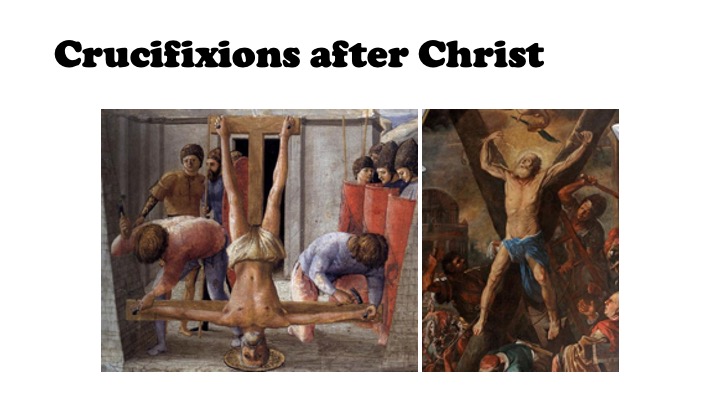During His three-year ministry, Jesus shattered some prevailing notions of what it meant to be part of a family. Matthew 12:46-50, “While Jesus was still talking to the crowd, his mother and brothers stood outside, wanting to speak to him. Someone told him, ‘Your mother and brothers are standing outside, wanting to speak to you.’ He replied to him, ‘Who is my mother, and who are my brothers?’ Pointing to his disciples, he said, ‘Here are my mother and my brothers. For whoever does the will of my Father in heaven is my brother and sister and mother.’” Jesus is not saying that biological family isn’t important; He is not dismissing His mother and brothers. What He is doing is making the clear theological point that in the Kingdom of Heaven, the most important family connection is spiritual, not physical. This is a truth made explicitly clear in John 1:12-13, “Yet to all who received him, to those who believed in his name, he gave the right to become children of God—children born not of natural descent, nor of human decision or a husband’s will, but born of God.”
Additional scriptures referenced include Romans 8;15; Galatians 3:26-29; Ephesians 4:11-16; Ephesians 1:5-6; Isaiah 28:16-17; Ephesians 2:19-21; 1 Peter 2:4-6; Matthew 21:44; Matthew 25:34; 1 Thessalonians 2:12; Hebrews 12:28; Ephesians 1:3, 13-14; Hebrews 7:24-25; John 3:3; Ephesians 2:1-5; Romans 9:25-26; John 19:26-27; Revelation 7:9; and John 13:34-35.

Crucifixion was a brutal and humiliating form of execution used by ancient civilizations, such as the Persians, Egyptians, Assyrians, and Scythians, and later adopted...

Genesis 31 chronicles Jacob's decision to leave Laban's household after twenty years of exploitation. Prompted by God's command and Laban's growing resentment, Jacob, with...

Nebuchadnezzar encounters a divine judgment through a dream that deeply troubles him. After his court's wise men fail to interpret the dream, Daniel, an...